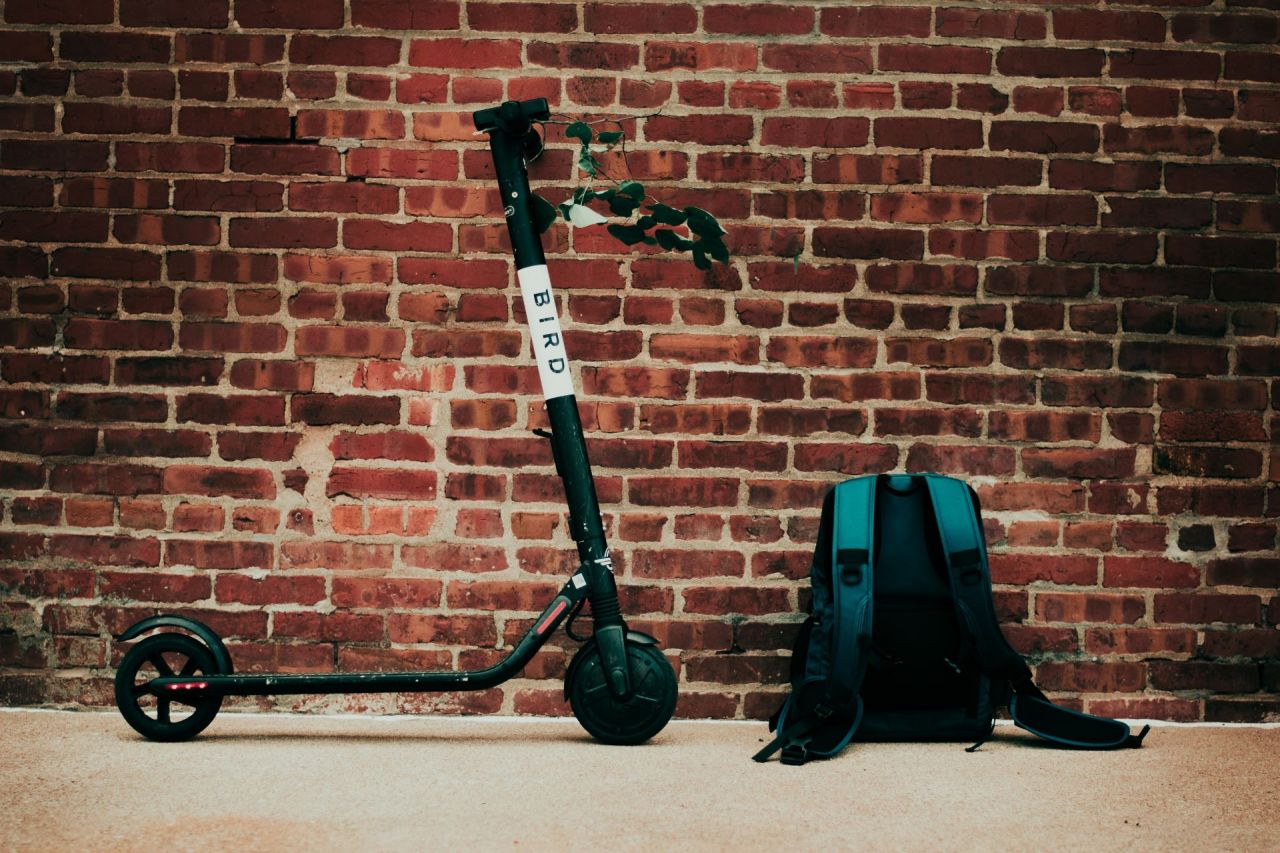YouTube star, Emily Hartridge, recently died whilst riding an e-scooter. The accident has shone a spotlight on the current regulations around the use of e-scooters. It has left many wondering whether the UK’s roads are e-scooter friendly?
Currently Illegal
It is currently illegal to use e-scooters on public pavements and roads; however, they can be used on private property. Although the recent increase in sales suggests they are being purchased for use on public roads too. People appear to be unaware of the law or prepared to flaunt it in aid of an alternative mode of transport.
Are the UK’s Roads E-Scooter Friendly?
Emily Hartridge’s accident occurred on a roundabout which was designed to keep cyclists separate from other traffic. However, the design was criticised, after a cyclist was killed when they were hit by a lorry, last year.
The reality is that UK urban roads are heavily congested. The safety of existing vulnerable road users like cyclists, motorcyclists and pedestrians is already in question. It is illegal to ride electronic scooters, segways and hoverboards on public highways, but ministers were considering overturning this ban when they called an urban mobility review to look at a permit system for motorised bikes back in March, the findings of which are still outstanding.
A recent report on road safety from the European Transport Safety Council highlighted that lack of data and regulation around the use of e-scooters and other new forms of mobility might be hindering the innovation and progression in mobility patterns.
Charlotte Waller, a solicitor at Pryers Solicitors LLP, who regularly commutes by bike in York said “we see a lot of accidents involving cyclists who are using the road legitimately, so the issue with the influx of e-scooters may not be around their deemed roadworthiness, but how they fit in with our existing infrastructure. It is important to reduce the congestion on our roads, so an infrastructure that supports alternative modes of transport would encourage people to swap their cars for a more environmentally friendly method. If e-scooters are to share cycle lanes and pathways, their speed needs to be restricted to a suitable level at source rather than having to rely on regulations and monitoring.”





